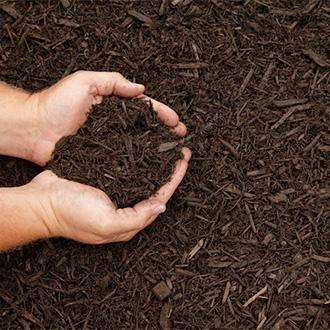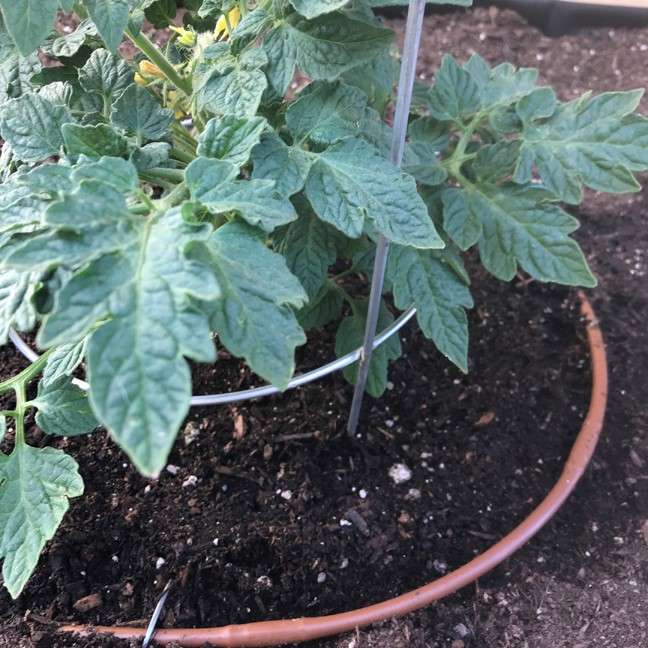
Irrigation Efficiency

Irrigation Efficiency Is Important To Plant Health
Irrigation efficiency is not only key to water conservation, it is also key to the health of your plants. Inefficient irrigation is a common cause of plants succumbing to pests and disease. Be sure to water the depth of the root zone every time, and let the soil dry out a few inches below the surface before watering again.

Simple Steps to Save Water
- Avoid synthetic fertilizers—they contain higher levels of salt which draw water away from your plants. They also push a lot of rapid, water-thirsty growth.
- Mulch, mulch, mulch! This point cannot be stated enough. Organic mulch such as wood chips slows the evaporation of water from the soil, cools the plants roots in the summer, insulates in the winter, suppresses water-thieving weeds and adds nutrients to your soil as it breaks down. Mulch is effective when it is deep enough to stop the sun from hitting the soil, so add more when it gets too shallow. To avoid rot, pull mulch back six inches from the plant trunk.

Quick & Easy Irrigation Upgrades
- Swap out traditional sprays with Hunter MP Rotator heads to save up to 30% of water used on your lawn.
- Use a weather-based irrigation timer, or upgrade your current timer with a rain monitoring device such as Hunter X-Core and Solar Sync.
- Soak & Cycle: Set your irrigation timer to run shorter cycles of water with longer periods in between to allow the water to soak in, helping to avoid runoff.
- Switch to drip irrigation wherever possible because it applies water slowly, directly to the base of the plant, so there is less evaporation than sprinklers.
Resources
Check out these links to resources:
- Drought Tolerant Plants
- Water Use Classification of Landscape Species (WUCOLS)
- Find Your Local Water Provider to gain access to rebates offered in your district.
